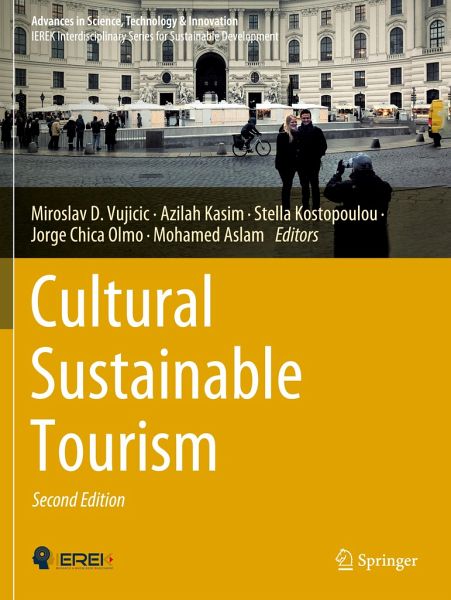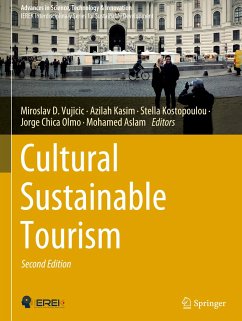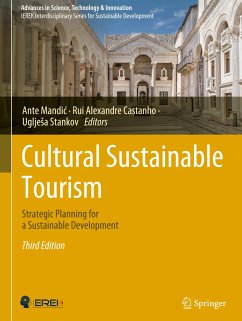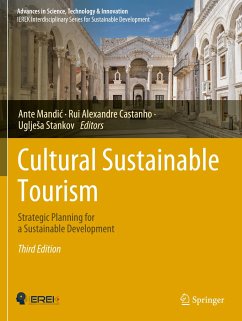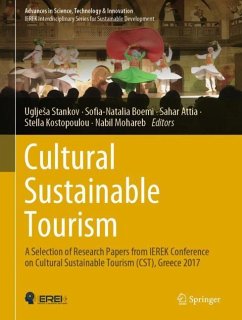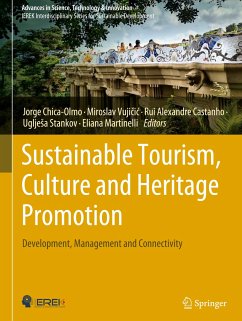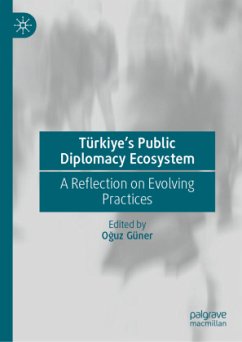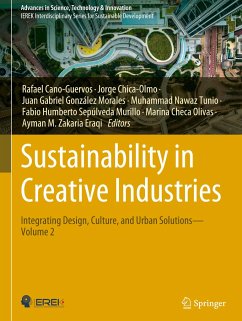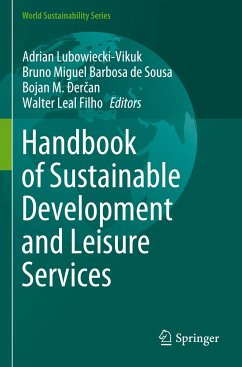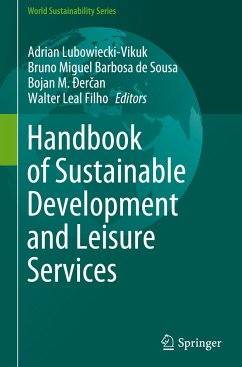Prof. dr Miroslav Vuji¿i¿ is associate professor at the University of Novi Sad, Faculty of Sciences. He is main evaluator for impact assessment of European Capital of Culture Novi Sad 2022 and chief researcher for sustainability and impact assessment for Expo 2020 Dubai. His main field of interest is decision making processes, project management, product development, cultural tourism and has proficiency skills in data gathering, analysis and interpretation of mathematical and statistical methods. He has published more than 100 research papers and has more than 445 citations in Scopus database. Programme Leader, PhD in management and business (tourism). RVP for Eastern Europe in ITSA network. Department coordinator for international affairs and students and staff mobility. Member of Department Accreditation team has experience in creating study programs, managing quality assurance. He is experienced project manager as he participated on more than 20 international projects (H2020, Erasmus+, REC, IPA INTERREG, RCC and other). Azilah Kasim is Full Professor at the School of Tourism, Hospitality and Event Management, Universiti Utara Malaysia (UUM), Sintok, Kedah, Malaysia. She received her Ph.D. in Tourism from University of East Anglia, UK; her M.Sc. from Michigan State University, USA; and her BSc. from Brock University, Canada. Now she is Director of Langkawi International Tourism and Hospitality (LITH) Research Center-a school's center of excellence in UUM. Azilah is Quality Accreditation Panelist for Malaysia Qualifications Agency (MQA) and Member of the Malaysian Geopark Implementation Technical Committee. She is Member of a few Board of Studies and is well-recognized theses Examiner. She has been invited as External Reviewer for tourism programs and Ph.D. viva voce by many universities in Malaysia. Azilah is also National/Regional Representative and Board Member for Asia Pacific Tourism Association (APTA) and Editorial Board Member ofmany international journals such as Journal of Tourism and Hospitality Insights, Tourism and Spirituality, and On Sustainability. She is Cited Author in her field (current Scopus Index: 10, H-Index: 14) and Reviewer for many international academic journals. Currently, Azilah is actively pursuing her research interests and publishing in the area of corporate social responsibility, corporate environmentalism, environmental management, hotel management, and tourism marketing. Stella Kostopoulou is Professor in Regional Economic and Tourism Development at the Department of Economics, Aristotle University of Thessaloniki (AUTh), President of the European Interdisciplinary Silk Road Tourism Centre, Director of the Interdepartmental Master Program "Tourism and Local Development" AUTh. She has teached at AUTh, Hellenic Open University, International Hellenic University, Harokopio University, Democritus University of Thrace, University of Thessaly, Cyprus University of Technology. She gave lectures and seminars at Peking University, La Trobe University-Australia, York University-Canada, MGIMO University-Russia, Aveiro University-Portugal, Gavle University-Sweeden, CERISDI-Centro Ricerche e Studi Direzionali-Italy. She has published articles in scientific journals, collective volumes and conference proceedings. She presented papers to more than 100 international conferences on topics such as sustainable tourism development, cross-border cooperation, cultural industries and regional development. She is the Departmental Erasmus/ECTS Coordinator, Institutional Coordinator for the Agreement for Academic Cooperation AUTh-Chinese Academy of Social Sciences. She has served as the Lead Partner or AUTh Partner Coordinator at European projects: "SILC-Silk Road Local Culture", "LOFT-Local products festivals and tourism development", "Healthy Municipality", "European PhDHub", "LMPT-Professional Bachelor and Master programs for design and development of sustainable tourism activities" Jorge Chica Olmo is Associate Professor at the University of Granada, Spain, in the Department of Quantitative Methods for Economics and Business. Its research is about spatio-temporal analysis of socioeconomic phenomena. He is interested in the development and application of geostatistics, spatial econometrics, and geographic information systems in different areas as real estate, tourism, transport, violence, energy, well-being, public administration, etc. He published numerous articles in journals such as Urban Studies, Journal of Real Estate of Finance and Economics, Journal of Real Estate Research, The Geographical Journal, Socio-Economic Planning Sciences, Cities, Tourism Management, and Journal of Sustainable Tourism, Energy Economics, Social Indicators Research. M.S.M Aslam is Professor in Tourism Management, Department of Tourism Management at the Sabaragamuwa Universityof Sri Lanka. He also serves as a resource person or a consultant for national, provincial, local, and community level tourism planning and development in Sri Lanka. He was in the ministry advisory board on community based tourism development in Sri Lanka from 2008 to 2010. He also contributed as Chairman, Co-chairmen, and Member of scientific committee of several national and international conferences. He also has published his researches individually and jointly in reputed international journals, while contributing for edited books/volumes as Chief Editor or Co-editor. He also extended his service as Advisor, Consultant, Resources Person or Trainer for many international non-governmental organizations successfully.
